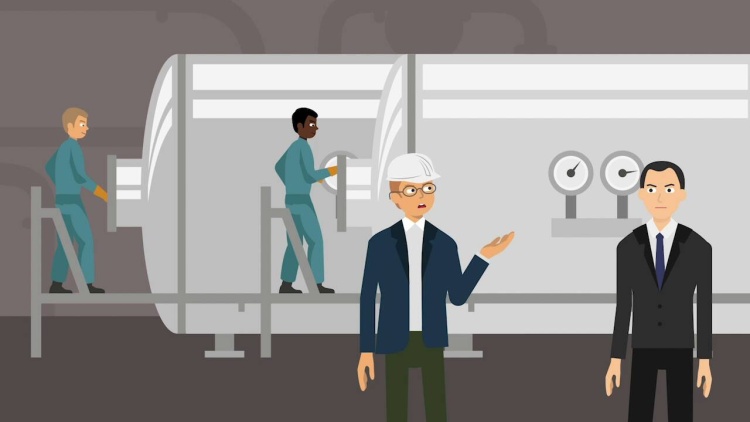Warner-Jenkinson Company v. Hilton Davis Chemical Co.
United States Supreme Court
520 U.S. 17 (1997)
- Written by Angela Patrick, JD
Facts
Hilton Davis Chemical Co. (plaintiff) patented an ultrafiltration process for dye purification. During the patent-application process, the patent claims were amended to limit the process to a pH range of 6.0 to 9.0. Without knowledge of the patent, Warner-Jenkinson Co. (defendant) developed a similar process that used a pH of 5.0. Hilton Davis sued Warner-Jenkinson for patent infringement. Hilton Davis admitted that Warner-Jenkinson had not literally infringed on the patent claims but argued that Warner-Jenkinson had infringed under the doctrine of equivalents. Warner-Jenkinson argued that the doctrine of equivalents (1) had been eliminated by the 1952 amendments to federal patent law and (2) should not exist because it undermined the finality and reliability of patent claims. At trial, evidence established that the upper pH limitation was added to Hilton Davis’s patent to avoid a conflict with prior art. The parties disputed why the lower pH limitation was added. A jury found that Warner-Jenkinson had infringed. The district court entered judgment for Hilton Davis. A sharply divided Federal Circuit court of appeals affirmed, with the judges disagreeing about the scope of the doctrine of equivalents. The United States Supreme Court granted certiorari.
Rule of Law
Issue
Holding and Reasoning (Thomas, J.)
Concurrence (Ginsburg, J.)
What to do next…
Here's why 899,000 law students have relied on our case briefs:
- Written by law professors and practitioners, not other law students. 47,000 briefs, keyed to 994 casebooks. Top-notch customer support.
- The right amount of information, includes the facts, issues, rule of law, holding and reasoning, and any concurrences and dissents.
- Access in your classes, works on your mobile and tablet. Massive library of related video lessons and high quality multiple-choice questions.
- Easy to use, uniform format for every case brief. Written in plain English, not in legalese. Our briefs summarize and simplify; they don’t just repeat the court’s language.





